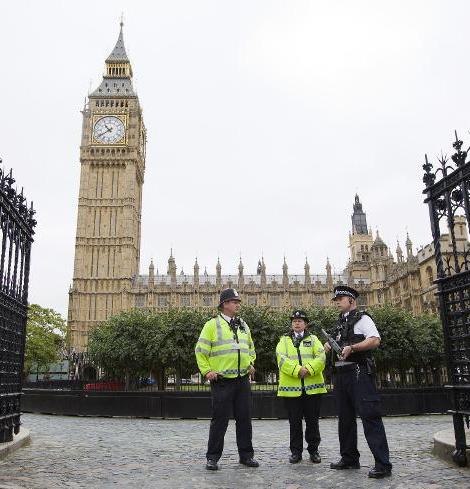British press takes on ‘Big Brother’ after media sources outed
Britain’s security services are set to clash with parliament and the country’s powerful press over revelations that police secretly used a controversial law to identify journalists’ sources, triggering a wider debate about media freedom in the digital age. Detectives used a law usually reserved for terror suspects to find out the sources for scoops in The Sun and the Mail on Sunday that led to the downfall of two senior officials. Other cases have since emerged, although the full scale of the practice is unknown since police do not need to go through a court under the Regulation of Invest Powers Act (RIPA). As the law stands, a senior police officer can sign off a request to access someone’s phone records, although not the actual content of the call or message.
Nobody should be above the law, whether it’s a member of the public, whether it’s a police officer, whether it’s a journalist. We should be able to investigate and pursue any one of those.
Metropolitan Police assistant commissioner Mark Rowley, insisting the force would continue to use the law
Journalists appear to have the backing of Home Secretary Theresa May, the interior minister, who is pushing a law restricting its use to cases of serious crime, and Paul Kennedy, the government’s interception of communications commissioner, who has launched a review of the law. The country’s newspapers boast of a tradition of holding institutions to account, but now complain that their huge resources and technical know-how are making it an uneven battleground. Whistleblowers remain the Achilles heel of the authorities, and newspapers fear that they will be put off coming forward in the future if their anonymity can not be guaranteed.
Journalists must remain arrows and not the target. The message must be: we are watching Big Brother.
Seamus Dooley, secretary of Ireland’s National Union of Journalists

Europe